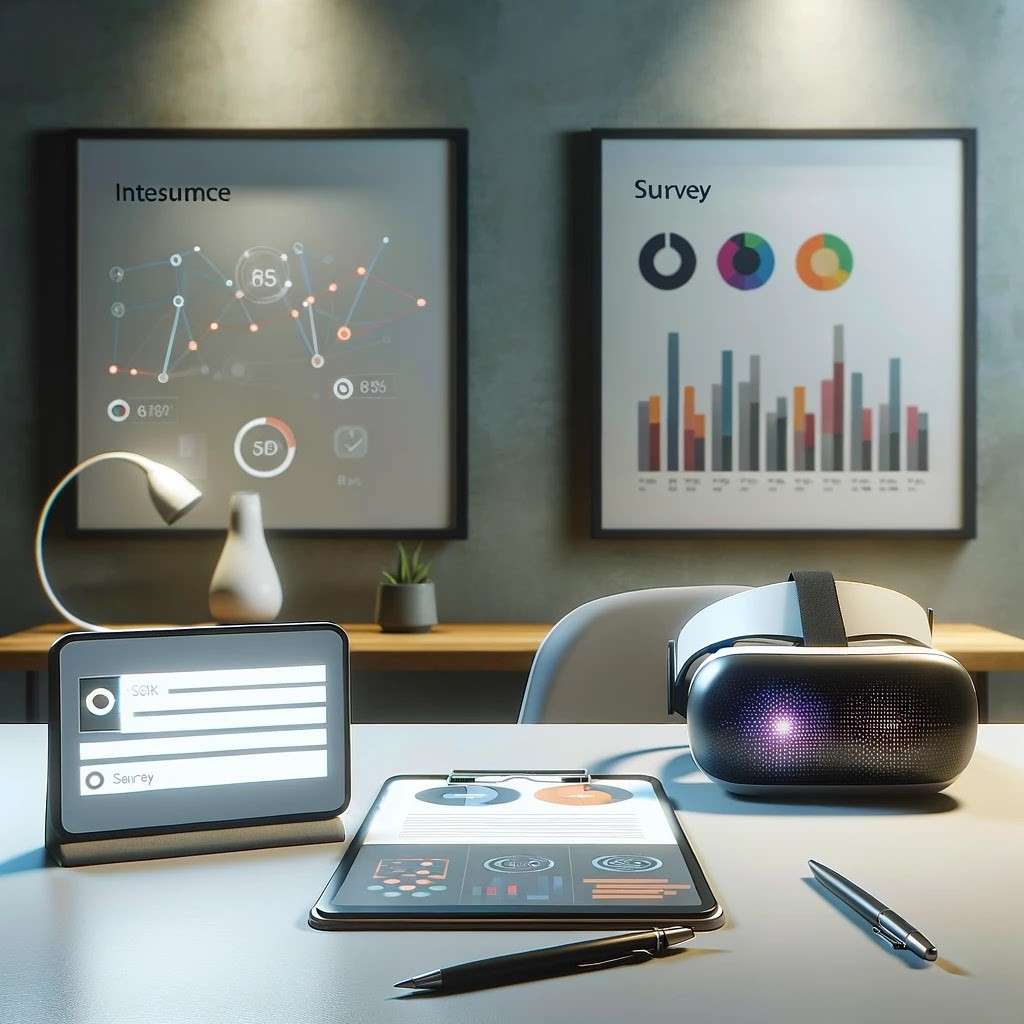Interactive Content: The Next Frontier in Market Research
In the digital age, market research has undergone a significant transformation. Traditional methods such as surveys and focus groups are being supplemented, and often replaced, by interactive content. This dynamic approach, including tools like surveys, quizzes, and polls, is reshaping the way organizations engage with their audiences and gather critical data. The interactivity not only increases engagement but also enhances the depth and reliability of the data collected. Let’s explore the pivotal role of interactive content in modern market research, with practical examples highlighting its effectiveness.
Engaging Respondents with Interactive Tools
Interactive content goes beyond mere data collection; it engages participants actively, turning the process into a dialogue rather than a monologue. For example, a leading skincare brand used an interactive survey to determine consumer preferences for organic products. The survey included video clips explaining the benefits of organic ingredients and followed up with questions where respondents could choose their preferred product features. This engaging format reduced survey fatigue and resulted in a higher completion rate and more accurate data compared to traditional text-based surveys.
Enhanced Data Collection Through Gamification
Gamification leverages elements like point scoring, achievements, and competitive elements to make the process more engaging. A fitness app, for instance, gamified its user feedback process by allowing users to earn points and badges for providing feedback on new features. This not only increased user engagement but also provided the developers with a wealth of qualitative data on how the features were being received, enabling quicker revisions and adaptations.
Real-Time Feedback and Adaptability
Market Research Services should have the ability to provide real-time feedback is a game-changer in market research. Consider an online learning platform that uses adaptive quizzes. Based on a student’s answer to a question, the quiz can immediately adjust the complexity of subsequent questions, keeping the student engaged and challenged at the right level. This adaptability not only enhances the learning experience but also provides educators with real-time data on a student’s progress and understanding, facilitating a more tailored educational approach.
Collecting Diverse Data Types
Market Research Services should have an interactive content which can collect various types of data that go beyond traditional text answers. For instance, a travel agency might use an interactive map where respondents can pinpoint their favorite vacation spots and optionally add what activities they enjoy there. This visual and textual feedback provides a richer and more nuanced view of customer preferences than standard survey questions, helping the agency to tailor their offerings more effectively.

Increased Reach and Accessibility
Due to advanced focus market research services have the proliferation of mobile technology which has greatly increased the accessibility of interactive content. A public health agency used this to their advantage by creating a mobile-friendly quiz to educate and gather data on public awareness about flu prevention. The quiz was designed to be easily accessible on any device and included interactive elements like tapping on images to answer questions about flu symptoms and prevention techniques. The widespread accessibility resulted in a broad demographic participation, providing a comprehensive set of data.
Leveraging User-Generated Content
Due to advanced focus market research services interactive content also facilitates the collection of user-generated content, which can provide authentic insights into consumer behavior and preferences. For example, a coffee brand launched a campaign where users could submit their coffee recipes through an interactive platform. Participants voted on their favorite submissions, and the winning recipes were featured in the brand’s product line. This not only engaged the community but also gave the company direct insights into consumer preferences and trends.
Facilitating Deeper Emotional Connections
Interactive tools can forge a deeper emotional connection between brands and their audience. A non-profit organization aiming to raise awareness about wildlife conservation implemented an interactive story tool on its website. Users navigate through different scenarios affecting wildlife, making decisions that would help save animals from various threats. This immersive experience made users feel emotionally invested in the cause, which significantly increased donations and support for the organization.
Conclusion
Interactive content is more than just a new tool in the market researcher’s arsenal; it is a transformative approach that aligns perfectly with the digital habits of today’s consumers. It not only provides richer, more reliable data but also does so in a way that is inherently engaging and enjoyable for participants. As businesses continue to navigate the complexities of consumer behavior, the strategic use of interactive tools like surveys, quizzes, and polls will become increasingly crucial. By embracing interactive content, companies can not only stay ahead in their data collection efforts but also build stronger, more meaningful connections with their audience, ultimately driving better business outcomes.
A Note: Images in this Article are AI Generated.


